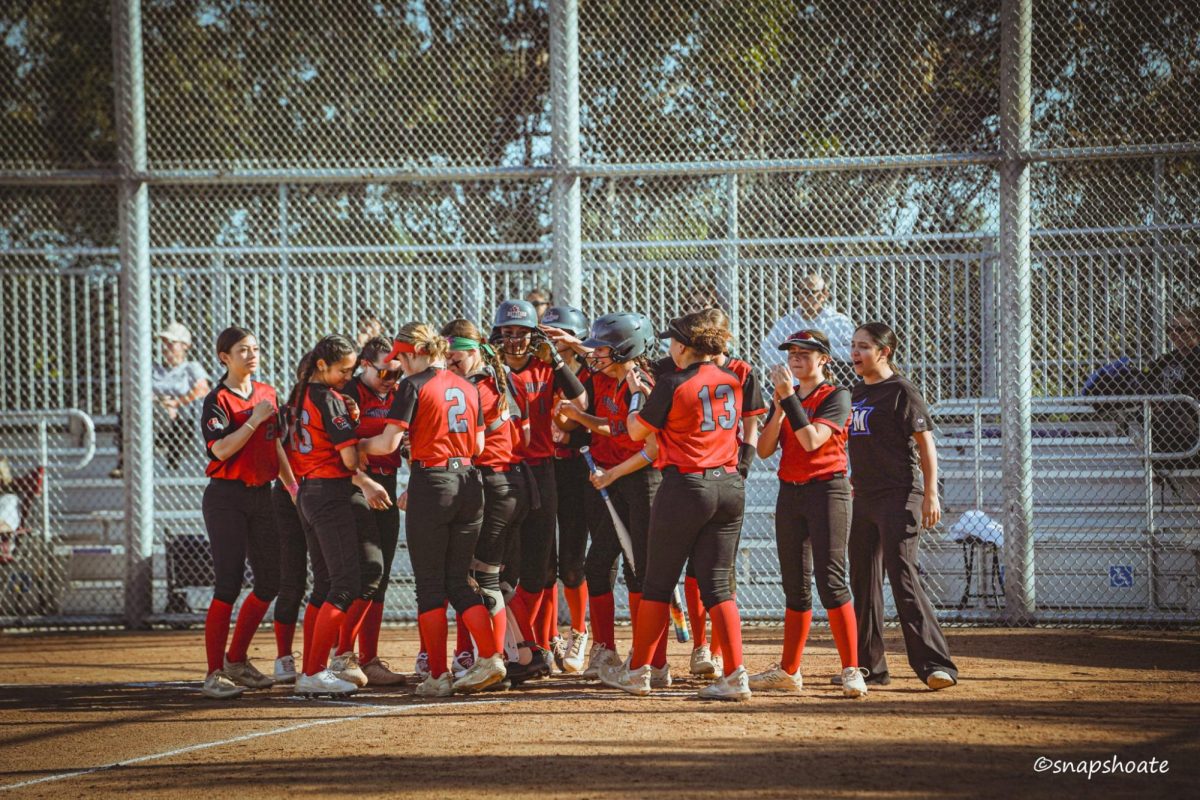Have you ever been connected to a fictional character before? A superhero from a comic book that you enjoyed reading or a talking animal from a cartoon you grew up watching. Plethoras of different fictional characters have become widely

known throughout the world where they’ve been incorporated into our society for our entertainment. With such varieties of characters , many are associated by different traits and tropes that are written from actual traits in our world. One of the most widely used tropes that I’ve noticed over the years becoming more popular is the character of the loner.
Defined by their introversion and alienation , the loner character trope is a commonly used character trait within stories throughout all types of media which plays out in a few separate ways. In some cases, the loner is the protagonist / side character who through the course of story learns to open up to others and be themselves , while on the opposite side the loner can be the antagonist whose self hatred towards themselves is used to lash out at others and to teach the audience to not destroy themselves with their own self doubts.
Kung Fu Panda (2008) uses aspects of the loner trope for both its protagonist and its antagonist to be able to inform children and adults on its themes of self image. For an animated movie that could’ve easily been a low effort “turn your brain off” type film, it goes the extra step of giving its main character , Po, to feel ashamed and frustrated with how they feel about themselves by how other perceive and treat them , specifically with their weight , and wanting to improve their self image after being chosen to become the best kung fu warrior. The antagonist , Tai Lung, becomes a villain due to the pressure and standards set by his father figure of becoming the best kung fu master which builds up and eventually ends up with Tai Lungs breaking point when he is denied from that status despite all of the hardcoming and effort he put in, with his only want being to make hi father figure proud. The movie informs the audience that anyone can really be put in the shoes of a loner and feeling insecure or isolated from those around you and to not put others into that situation.
However, one recurring thing about the loner trope is that it’s rarely perceived outside of the negative light, with many films and other media wanting the audiences to not root for them, for their takeaway being to not aspire to be them. Patrick Bateman from American Psycho (2000) and Walter White from Breaking bad (2008) are both characters where the media they are from do not highlight any of their actions but to personify certain mindsets/ ideas that the story is trying to tell. Despite this, online and in person I see many say that these characters are in the right and that they relate very strongly with these types of characters. So if the loner trope is supposed to embody negative ideals, why do so many people connect with loners?
Senior Hunter George stated “ I watch a lot of shows and movies where the main character is doing illegal activities and while like I’m not saying I would do some of the things that those characters do, I can see why they go on to do the things that they do because most of the time these people are put through the worst circumstances , they’re by themselves, they’re like homeless, and it’s where if I was in their shoes I would also be at my breaking point ”.
To put it simply , George found himself being able to empathize with loner characters because of how he himself is able to relate to reaching a breaking point where he would stop caring about how others perceived him and just do what he wanted to do whether it was socially accepted or not.
George vocalized how his mental health has been affected and changed over the years where issues including the pressure of doing well in school , family problems out of his control , and other unmanageable problems had worn him down and to where he sees how others try to find outlets to temporarily help them.
“I watch these things and I don’t feel like I’m alone on what I’m feeling and like that I’m a problem or I’m what so many things try to label me as, I feel like even my worst thoughts and feelings are shown as valid yet still getting across that what is being shown to me is wrong ,” George added.

One of the most popular loner characters that many are able to relate to and feel for is Marvel’s Spider-man, who has been able to build a relationship with an audience partially due to his writing of being a loner. Created by Stan Lee, Spider-man was written to be the average teenager who had his own interpersonal problems alongside having to balance between his hero identity, where at the time of his creation, was unlike any other hero. Other heroes at this time were adults who had things figured out for themselves and were able to solve their problems with little conflict. However with Spider-man, he was written to have major flaws like wanting to lash out against those who bullied him and after getting his powers using those powers to get back at them. While many of his stories are able to resolve those flaws, a majority of Spider-man fans enjoy seeing those problems and issues be used in stories due to how it makes him feel more like an actual person.
Senior Nevned Hernandez said “ The Spider-man movies go into depth that anyone can be Spider-man , no matter what color you are, because we all have our own things going on and it’s about becoming better people by the end of it,”. Hernandez continued to say “ Spider-man is one of those characters you always imagine being because he’s a superhero who wouldn’t want to be one, but later on you see yourself really feeling like Peter Parker in life where nothing is going right and it’s not really your fault and so you just feel like Spider-man,”.
Especially online , trends of videos where people use the phrase “I’m Literally Spider-man” is used in multiple different contexts where while some videos use it as just a joke, many others use the phrase typically as a phrase to express frustration and/or sadness when it comes to talking about different matters at hand. In my own experience I have seen the term used online to describe how someone is unable to connect with those around them , the feeling of wanting to be better but cannot, and not being able to give in the effort to care about what’s happening to them, just as a few examples.
This trend is not exclusive to Spider-man, as many other loner characters have made their impacts in similar ways where others relate extremely close to those who watch them.
When asked about this trend, Senior Robert Strupczewski believed “ Many people of our age aren’t doing the best mentally – many have things like panic attacks or extreme anxiety where they are treated as they are a problem and they want to try and be comfortable within their skin and so they try to find comfort with what they are watching,” when it comes to why online users bond and attach themselves easily towards loner characters.
As found out by the use of surveys, it has been proven that generation z tended to feel more alienated and

lonelier than any other generation that took the survey. Many of these reasons include that this is the first generation to be raised with social media, peer exclusion , mental/physical health issues, along with other factors that have not been mentioned.
I believe a big factor into why I believe this generation is being affected so heavily is that so many different outlets are being targeted towards this demographic where it feels like we are getting blamed for issues that were started by others. Social media was created and gaining traction before we could walk and by the time we were old enough we became the sole target for what they wanted, leading many to become addicted to it. A similar issue is vaping/ drug usage, where it has become so encouraged to do it whether it is being marketed as being safer than other substances, but still not including the harsher effects of vaping. Gen Z is so influenced by what is around us that we feel pressured and encouraged to feel or do certain things that other people want us to do and it becomes hard to not feel like an outcast whether you do those things or not.

Lonerism has become somewhat idolized due to how common it is for people to feel alone and try to seek some form of comfort for themselves to try and distract themselves from those emotions or try to find a reason as to why they act this way. As mentioned before, our generation has grown up with more different outlets trying to profit off of us which has led to a stronger influence on us and to upcoming generations. To have someone or a character represent you on media like movies, shows , and games allow many to connect themselves with others in a strange way where you’re able to bond and root for them.
In my own experience, I do relate to many characters I see in these forms of media as a way to escape from what is going on around me and be able to distract myself from those feelings. While it might not be the best approach to handling these issues ,I’m able to know that my worst thoughts are not an issue with me, and that many other people are able to feel the things that I am feeling.
Feeling angry, anxious, and lonely are all valid emotions and feelings that are talked down upon but it should be important to be taught that while they may be negative, it’s important to express them instead of bottling them up . Loner characters are a reflection of what the everyday person could feel like and that they should not feel shameful for feeling that way.

























